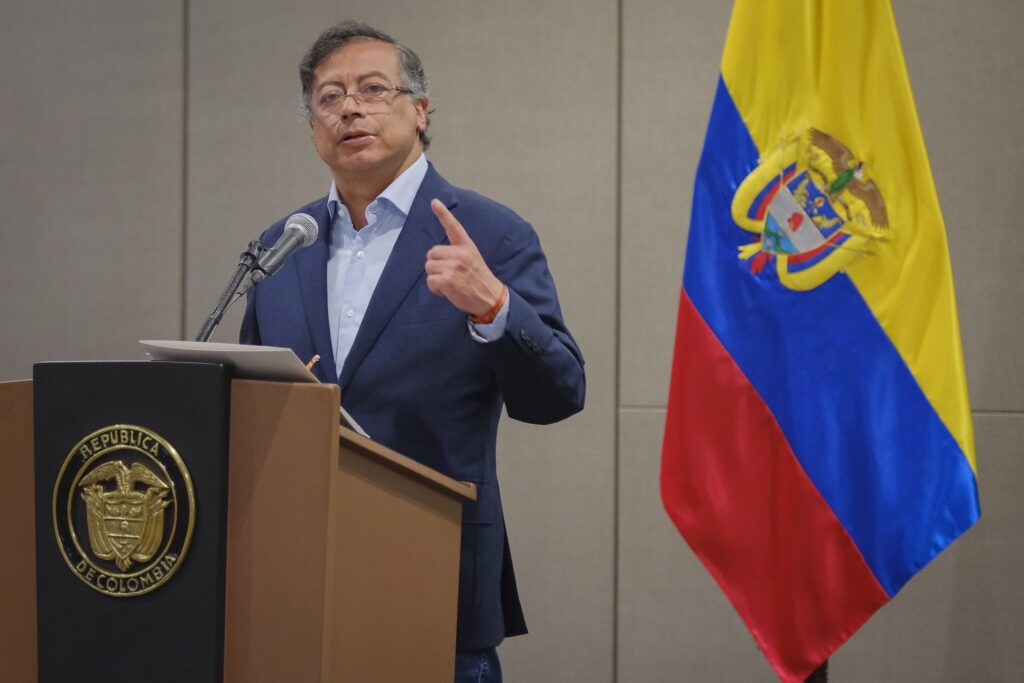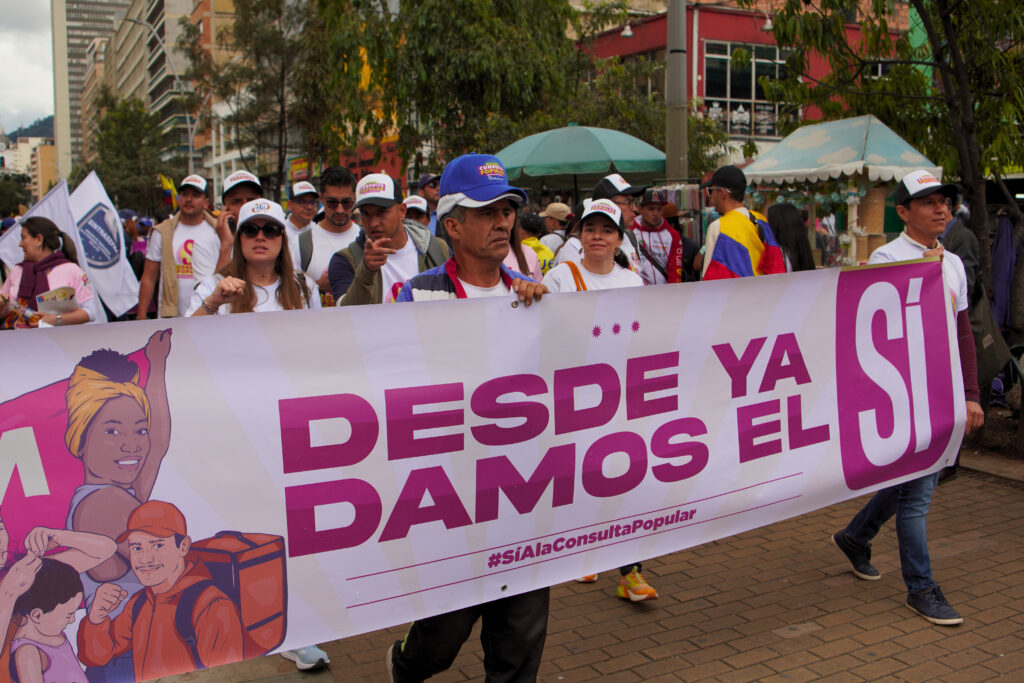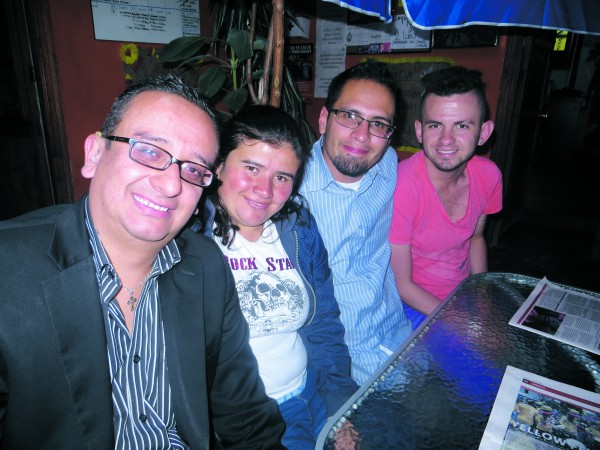
President Gustavo Petro announced on Tuesday, June 3, that he will move forward with a “popular consultation” on his key labor reforms after the Senate rejected it last month.
In response, eight opposition parties today rejected the announcement, calling it a “coup”.
Analysts describe Petro’s move as a last-ditch effort to pass his embattled flagship policy before his term expires in August 2026 and say a referendum is unlikely to go ahead.
The president announced his plans to unanimously call a public vote during a televised address in Bogotá.
“The people must be heard, because they are the true political authority in Colombia,” said Petro in his speech.
The president’s reforms have faced multiple setbacks this year; his initial attempt to pass a bill through congress flopped in March when a Senate committee blocked it from being debated by lawmakers.
The president then directed efforts towards pushing through his “consulta popular”, or popular consultation, a referendum on the reforms.
At a May Day rally, Petro called on supporters across the country to come out in favor of the consultation, rallying trade unions, indigenous groups and other members of his base. But the Senate shot down the plans two weeks later.

Analysts describe the president’s announcement yesterday as a last resort after exhausting legislative paths to passing the reforms.
“This move reflects the government’s growing frustration with legislative setbacks that, so far, have prevented its ambitious agenda from becoming reality before Colombians head to the polls,” read a note sent by Colombia Risk Analysis, a political consultancy, to its clients.
Petro’s controversial move triggered a rare display of solidarity between eight leading parties, who released a joint statement Wednesday titled “the popular consultation by decree, ignoring the Senate’s decision, is a coup.”
“We reject this unilateral and unconstitutional action by the Petro government,” read the letter, signed by the Liberal, Conservative, Democratic Center, Radical Change, U Party, MIRA, Colombia Justa Libres, and ASI parties.
In its note, Colombia Risk Analysis challenged the idea that the move amounted to a coup, but said “it does pose a threat to the constitutional order.”
It is the latest escalation in tensions between the executive branch under Petro and the judicial and legislative branches, which have been a barrier to the president’s progressive agenda.
“When institutions go against the people, only one thing can happen: the institutions have to go,” said Petro in yesterday’s televised cabinet meeting.
But despite his rhetoric, Colombia’s institutions are likely to shoot down the bill once again. The Constitutional Court is expected to block the referendum while it considers the legality of Petro’s move.
Sergio Guzmán, Director at Colombia Risk Analysis, believes Petro is growing desperate as he nears his last year in office.
“This is not something you do if you feel strong and confident that you can rally majorities. It’s something you do when you are desperate and feel like it’s now or never,” Guzmán told The Bogotá Post.
“The reality suggests the government has been procedurally amateurish, politically incapable of delivering incremental gains and immature to accept adverse rulings,” added the analyst.





